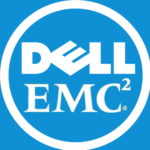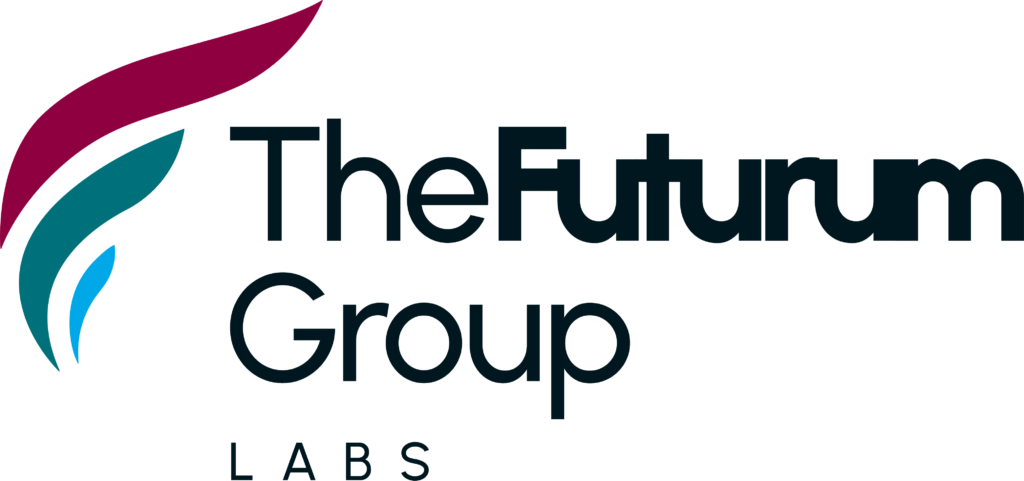This website uses cookies so that we can provide you with the best user experience possible. Cookie information is stored in your browser and performs functions such as recognising you when you return to our website and helping our team to understand which sections of the website you find most interesting and useful.
 For years we have been seeing technology in the storage industry ‘trickle down’ as advanced features and functions become available in smaller, less expensive systems. With the rise of hyper-scale IT and software-based infrastructures we’re seeing the technology ‘leak’ accelerate, and the profit margins of traditional storage vendors further erode. This migration of storage functionality from proprietary hardware to software is causing a change in the way storage systems are designed and capacity is delivered, prompting storage vendors to realign. While not the primary driver, this trend is one of the reasons for the recently announced acquisition of EMC by Dell.
For years we have been seeing technology in the storage industry ‘trickle down’ as advanced features and functions become available in smaller, less expensive systems. With the rise of hyper-scale IT and software-based infrastructures we’re seeing the technology ‘leak’ accelerate, and the profit margins of traditional storage vendors further erode. This migration of storage functionality from proprietary hardware to software is causing a change in the way storage systems are designed and capacity is delivered, prompting storage vendors to realign. While not the primary driver, this trend is one of the reasons for the recently announced acquisition of EMC by Dell.
Several years ago the large, the web-based cloud and social media companies faced a big problem. They were generating and storing enormous amounts of data, with no end in sight, and couldn’t afford to buy traditional, enterprise disk systems in the capacities they needed. So these hyper-scale companies developed a new model for storage infrastructure.
Historically, enterprise storage systems were comprised of proprietary hardware that ran the storage functions (and services) software controlling the storage media (disk drives). This model enabled storage vendors to sell capacity at prices that supported the margins these businesses enjoyed, margins that were dependent upon the technology that was resident in storage hardware.
‘Hyper-scalers’ found a way to move the storage functions software into general-purpose server platforms, enabling them to cut out the high-priced storage controllers, but more importantly, the high-priced storage media (disk drives) that were associated with those controllers. By ‘defining’ storage functions in software they allowed any hardware platform to be a storage controller. This disaggregated the high-priced combinations of hardware and software known as enterprise storage systems.
Now this model that the hyper-scalers developed, which we call the “Open Storage Platform” (OSP), is making its way into more mainstream IT environments. With OSP, companies are combining server-based storage and software-based storage components to create highly scalable storage sub-systems that support private and public clouds, as well as some special use cases that don’t fit the traditional storage infrastructure profile. When combined with hypervisors and management software, these sub-systems are also being used to create hyper-converged infrastructures, another growth area in storage.
Technology in storage has been steadily moving out of proprietary controllers and into software, most recently the software running on industry-standard server hardware. This shift has made it even more difficult for traditional storage companies like EMC to keep users buying their storage systems, and more importantly the storage media (historically disk drives) that provides most of the profit. With the disaggregation of storage software (and storage technology) from storage hardware, traditional storage vendors are being forced to change strategies.
The Bottom Line
Technology is indeed leaking out of traditional, proprietary storage hardware and into server-based hardware and software. This is creating a new paradigm and causing storage vendors to design their products around industry-standard server platforms. Storage companies that can buy or develop the software, and secure server hardware, are in a position to capitalize on this new direction towards the Open Storage Platform.
The Dell-EMC deal is an interesting acquisition, one that was certainly driven by the financial community. But that’s not the whole story. EMC’s software products, like ECS, ViPR and ScaleIO, and Dell’s server and supply chain technology could together address the new storage paradigm. This combination should allow both companies to leverage their strengths and create some OSP-based solutions that the market is moving towards. And while there is some overlap in their product lines, Dell’s success in the entry-level and mid-size company segments does compliment EMC’s success in the high-end, enterprise market.
Many products have long lists of features that sound the same but work very differently. It’s important to think outside of the checkbox of similar-sounding features and understand how technologies and products differ.

